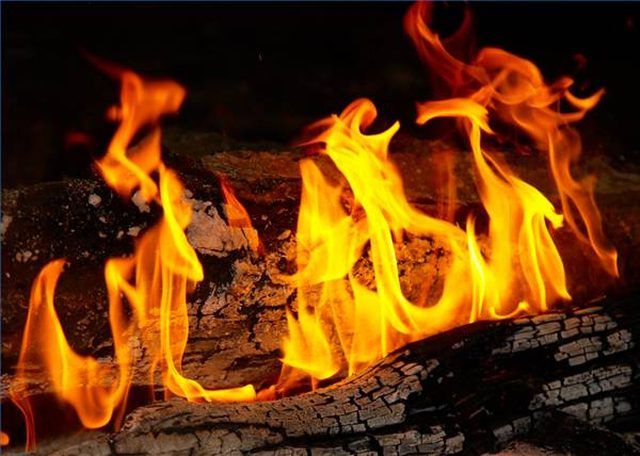Bulbs
Flower Basics
Flower Beds & Specialty Gardens
Flower Garden
Garden Furniture
Garden Gnomes
Garden Seeds
Garden Sheds
Garden Statues
Garden Tools & Supplies
Gardening Basics
Green & Organic
Groundcovers & Vines
Growing Annuals
Growing Basil
Growing Beans
Growing Berries
Growing Blueberries
Growing Cactus
Growing Corn
Growing Cotton
Growing Edibles
Growing Flowers
Growing Garlic
Growing Grapes
Growing Grass
Growing Herbs
Growing Jasmine
Growing Mint
Growing Mushrooms
Orchids
Growing Peanuts
Growing Perennials
Growing Plants
Growing Rosemary
Growing Roses
Growing Strawberries
Growing Sunflowers
Growing Thyme
Growing Tomatoes
Growing Tulips
Growing Vegetables
Herb Basics
Herb Garden
Indoor Growing
Landscaping Basics
Landscaping Patios
Landscaping Plants
Landscaping Shrubs
Landscaping Trees
Landscaping Walks & Pathways
Lawn Basics
Lawn Maintenance
Lawn Mowers
Lawn Ornaments
Lawn Planting
Lawn Tools
Outdoor Growing
Overall Landscape Planning
Pests, Weeds & Problems
Plant Basics
Rock Garden
Rose Garden
Shrubs
Soil
Specialty Gardens
Trees
Vegetable Garden
Yard Maintenance
What Kind of Energy is Used in Burning Wood?
What Kind of Energy is Used in Burning Wood?. Energy from sunlight is stored as chemical energy in wood and other organic material, using a process called photosynthesis. This energy is released as heat when wood is burned.

Energy from sunlight is stored as chemical energy in wood and other organic material, using a process called photosynthesis. This energy is released as heat when wood is burned.
History
People have been using the energy generated by burning wood for thousands of years to stay warm and cook their foods.
Size
According to the U.S. Department of Energy, burning wood and wood waste only generate about 2 percent of the United States' total energy.
Benefits
Because more trees can always be grown, wood is a renewable resource. It's usually grown in the country where it is used, reducing dependence on foreign sources of energy such as oil.
Warning
According to the U.S. Environmental Protection Agency, when wood is burned it releases carbon monoxide, cancer-causing chemicals and particulate matter (PM) that can aggravate asthma and heart disease.
Considerations
Although burning wood releases carbon dioxide, a major greenhouse gas, the photosynthesis process (how plants convert sunlight into chemical energy) captures an equivalent amount of carbon dioxide.